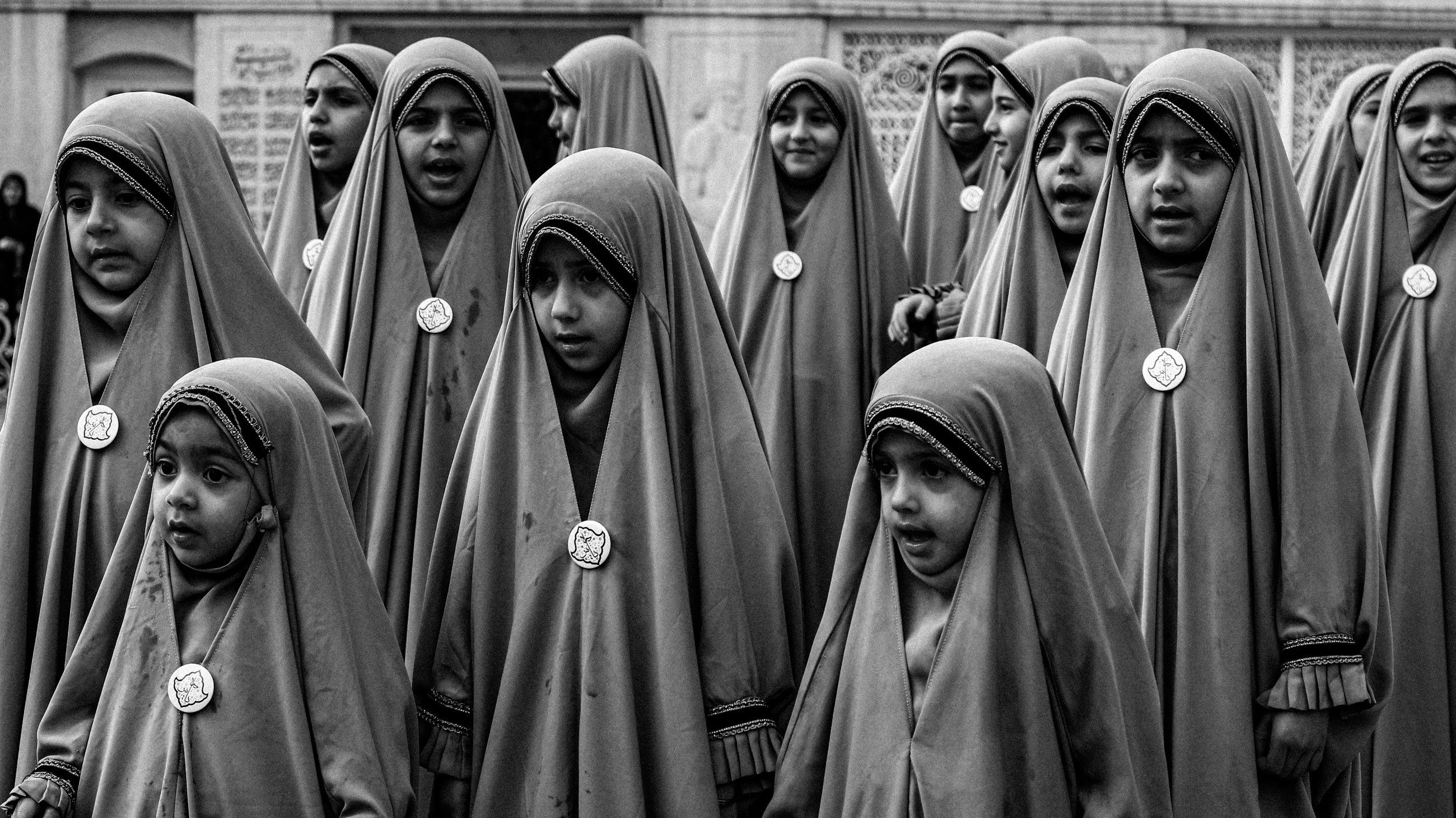In the second circular of the election, Karol Nawrocki received 50.89 percent of the votes and he will be the next president of the Republic of Poland – informed the State Election Commission after the calculation of all votes cast. In a direct clash, Nawrocka, supported by the Law and Justice, defeated Rafał Trzaskowski, candidate of the Civic Coalition.
On Monday morning, the State Election Commission announced the authoritative results of the second circular of presidential elections. The winner was Karol Nawrocki, for whom 50.89 percent of voters voted. Turnout in the second circular was 71.63 percent and was the highest in the past of the 3rd Poland.
By 1 July, the ultimate Court is obliged to adopt a resolution stating the validity of the elections. After this act, the President-elect will curse before the National Assembly. This is customary on the last day of office of the current president, which now falls on August 6, 2025.
According to the Constitution, the president of Poland is besides the head of the armed forces. Although he does not direct the current defence policy – this is the task of the Council of Ministers and the Minister of National Defence – he has rather far-reaching powers in the field of defence. The Office of National safety is an experimental defence base of the head of state.
The president participates in the improvement of the most crucial doctrinal and planning papers in the area of State safety and approves them, primarily National safety Strategy and the Political and strategical Defence Directive of the Republic of Poland. He appoints the Head of the General Staff of the Polish Army and commanders of types of armed forces. At the request of the head of the MON, he besides broadcasts the highest military grades.
The Head of State may convene and chair meetings National safety Council, a consultative forum, bringing together representatives of the most crucial executive authorities and the Polish Army.
It's the president. decides to send Polish soldiers to activities abroad. He besides grants approval to stay in Poland with troops of another states.
At the time of the threat, the President, at the request of the Council of Ministers, may order universal or partial mobilisation, introduce martial law or a state of emergency. In the event of armed conflict, he shall appoint Chief Commander of the Armed Forces of Polandwho takes over the operational command of the armed forces.
At the request of the Prime Minister, the armed forces shall approve the national defence strategy exercise plan, which shall be organised periodically, at least all 4 years, with the participation of the highest state authorities, and shall guide them.


![Nie spodobało się, iż nazwałam się imamką [Rozmowa z Seyran Ateş]](https://cdn.oko.press/cdn-cgi/image/trim=398;0;424;0,width=1200,quality=75/https://cdn.oko.press/2025/08/AFP__20170728__R207J__v1__HighRes__GermanyFranceReligionIslamMosque.jpg)
